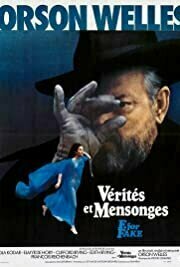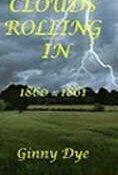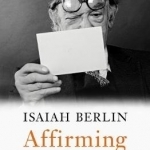
Affirming: Letters 1975-1997
Book
"IB was one of the great affirmers of our time." (John Banville, New York Review of Books). The...
Rian Johnson recommended F for Fake (1973) in Movies (curated)
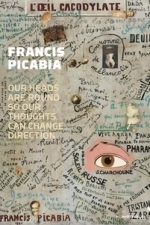
Francis Picabia: Our Heads Are Round So Our Thoughts Can Change Direction
Book Watch
By rejecting consistency, Picabia powerfully asserted the artist's freedom to change Irreverent...
Art
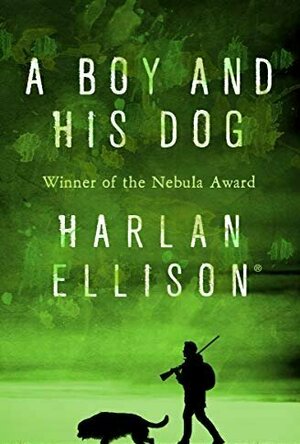
A Boy and His Dog
Book
Winner of the Nebula Award: A boy and his telepathic dog fight to survive in a war-torn,...

Lists for Writers - ideas for creative writing
Education and Reference
App
Lists for Writers is a great addition to any writer’s toolbox. Helpful to both novice and expert...
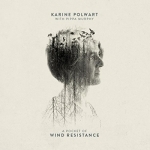
A Pocket of Wind Resistance by Karine Polwart
Album Watch
The first studio album from the acclaimed Karine Polwart in over 5 years. A Pocket Of Wind...
pop folk

Ode to Color: The Ten Essential Palettes for Living and Design
Book
Internationally renowned textile designer Lori Weitzner presents a novel, layered perspective on the...
Phil Leader (619 KP) rated Storm Clouds Rolling In (Bregdan Chronicles #1) in Books
Nov 26, 2019
In reality however this is a far more complex work - yes the romance is there but it is very much overshadowed by the situation and events of the time. Firstly Carrie is not a Southern Belle happy to sit on the verandah and look after her hard working man - she wants to make something of herself and doesn't think that she will be happy running her father's plantation in later life. Secondly she has grave doubts about slavery, an institution that has become the basis of the plantation owner's very existence.
This novel then is far more an exploration of the confict the slave issue creates as well as the lack of opportunity for a bright woman to better herself in the nineteenth century.
The author does well with the slavery issue in presenting someone from the whole spectrum, from reactionary pro-slavery plantation owners to equally abhorrent abolitionlists who are in many ways just as bad. Carrie is very much undecided throughout the book and that is a good thing, we are essentially treated to a novel length essay on the causes of the civil war and the justifications for slavery that caused a lot of the friction, along with the North failing to take account of the depth of the pride of those in the South.
The characters are very well drawn, and although each more-or-less repesents one particular facet of the debate none are mere ciphers and indeed many of them evolve over time and change their outlook and opinions, not lease Carrie but also of note the slaves Rose and Moses, both young but who really grow during the course of the story. The author has necessarily put some perjorative terms for slaves in the mouths of some of her characters - for which she apologises in a brief forward - but this not only lends realism but underlines those characters attitudes towards the slaves.
The book does move at a relatively slow pace, and there are plenty of discussions around politics, society and slavery but it is quite immersive and acts to let each character become far more solid.
Overall a book I enjoyed and it provides a lot of insight into the state of America at the outbreak of war and why it happened
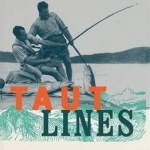
Taut Lines: Extraordinary True Fishing Stories
Book
Since the earliest writings of civilization, people have been writing about fish and the pursuit of...
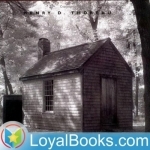
Walden by Henry David Thoreau
Podcast
Two years, two months and two days! This is what forms the time line of one man's quest for the...
